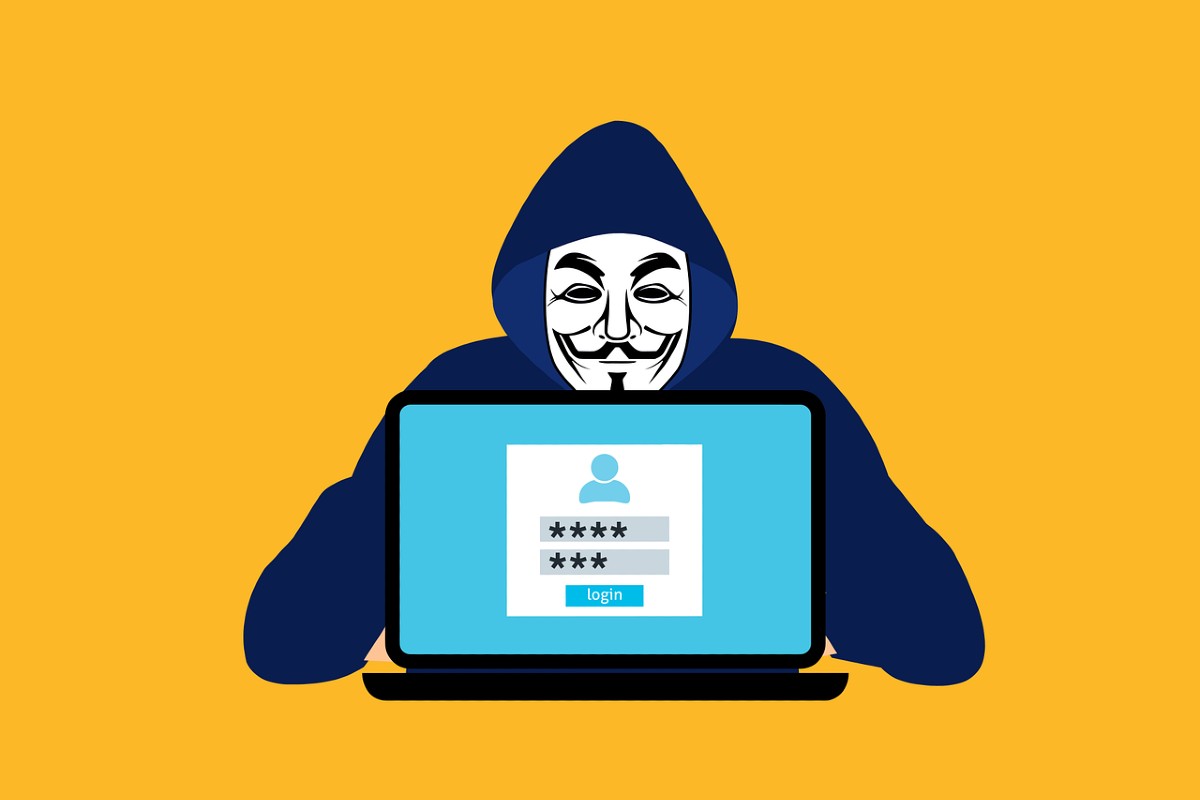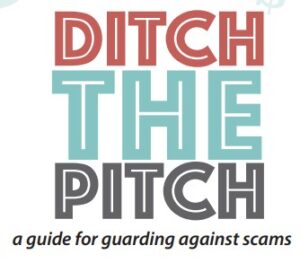
By Andy Brack, editor and publisher | The spam and scam phone calls are coming in so frequently these days that I’ve taken to speaking French.
Which I don’t really speak.
 So when a call rings in from Marion or North Myrtle Beach or Andrews – even though it’s really from China or India or Russia – I now answer with one word, “Bonjour.”
So when a call rings in from Marion or North Myrtle Beach or Andrews – even though it’s really from China or India or Russia – I now answer with one word, “Bonjour.”
After the annoying blip that tells me it’s an unwanted call, I repeat the word and wait. It doesn’t take long before somebody who is trying to speak English starts a pitch. To which, I again say, “Bonjour.” If the person continues, I interrupt with, “Parle francais, s’il vous plait?” (Speak French, please?) That usually stops the caller and he says something about how he doesn’t speak French (which is when I say “Bonjour” again). It’s not long before he hangs up.
This tactic accomplishes a couple of things. First, I’ve delayed the person for a while, which means somebody else got off the hook from having an annoying phone call. Second, I’m hoping – maybe even praying – that the guy puts me on a list that says “does not speak English,” effectively removing me from his scamming call list.
There’s no way to know whether it really works, but this “personal Do Not Call Registry” seems to be working. Fewer unknown calls interrupted recent days. All I’m worried about now is what happens if a spam caller speaks French. Maybe I’ll just answer in English.
If you’re annoyed by too many unwanted calls, I suggest you try this in any language. All you have to do is translate a couple of phrases (try Icelandic or Swedish, perhaps). But also go to the National Do Not Call Registry (the real thing) and make sure all of your phone numbers are on this list that seeks to block spam callers. You should check the site every so often to verify any of your phone numbers are still on the registry.
One of the big reasons you want to block as much of this trash as possible is to keep yourself from being eaten alive by scammers. And goodness knows, they seem to be everywhere these days. They will tell you a granddaughter is in jail and you need to send money. They’ll tell you you need to sign up for a new kind of Medicare Part A or B and that you need to send money right away. They’ll claim to be technical support and try to get your personal information. Or they’ll say they’re with the IRS and you need to make a payment. Maybe they’ll announce you’ve won the lottery or are a bank/insurance company/health care company that can save you money – as long as you verify some personal information first.
 Don’t do it. If your charming French, Icelandic or Swedish doesn’t throw them off, hang up. Block the number. We emphasize: Do not reveal any personal information, regardless of what they say is urgent. Learn to “Ditch the Pitch,” as the state Department of Consumer Affairs says, to avoid scams and keep your personal information safe.
Don’t do it. If your charming French, Icelandic or Swedish doesn’t throw them off, hang up. Block the number. We emphasize: Do not reveal any personal information, regardless of what they say is urgent. Learn to “Ditch the Pitch,” as the state Department of Consumer Affairs says, to avoid scams and keep your personal information safe.
“That’s the key – don’t give them any personal information,” said Columbia’s David Campbell, chair of the state Commission on Consumer Affairs. “Even if it sounds like it’s legitimate, hang up.”
Don’t give away your bank balance, mortgage payment, Social Security number, any account numbers or address. Just because they’re calling or emailing you, you don’t have to answer anything. Hang up. Do not click any link in any unfamiliar email because you could accidentally download something that steals all sorts of information.
“What’s scary is the amount of money that people have lost falling prey to some of these scams, whether real estate scams or saying you have an outstanding warrant,” Campbell said. “I don’t even answer my phone anymore unless it shows up as somebody I know,” he added.
Be careful out there.
Award-winning columnist Andy Brack is editor and publisher of Statehouse Report and the Charleston City Paper. Have a comment? Send to: feedback@statehousereport.com.


